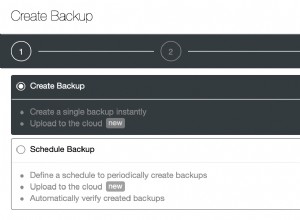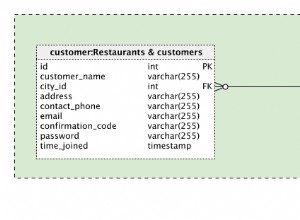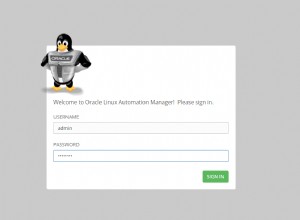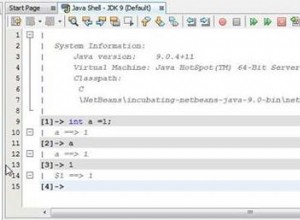यह काम करना चाहिए:
<?php
use Doctrine\Common\Collections\ArrayCollection;
/** @ORM\Entity */
class Category {
/**
* @ORM\Id
* @ORM\Column(type="integer", name="id")
* @ORM\GeneratedValue
*/
protected $id;
// ...
/**
* @ORM\OneToMany(targetEntity="Category", mappedBy="parent")
*/
protected $children;
/**
* @ORM\ManyToOne(targetEntity="Category", inversedBy="children")
* @ORM\JoinColumn(name="parent", referencedColumnName="id")
*/
protected $parent;
public function __construct() {
$this->children = new ArrayCollection();
}
// Once you have that, accessing the parent and children should be straight forward
// (they will be lazy-loaded in this example as soon as you try to access them). IE:
public function getParent() {
return $this->parent;
}
public function getChildren() {
return $this->children;
}
// ...
// always use this to setup a new parent/child relationship
public function addChild(Category $child) {
$this->children[] = $child;
$child->setParent($this);
}
public function setParent(Category $parent) {
$this->parent = $parent;
}
}




